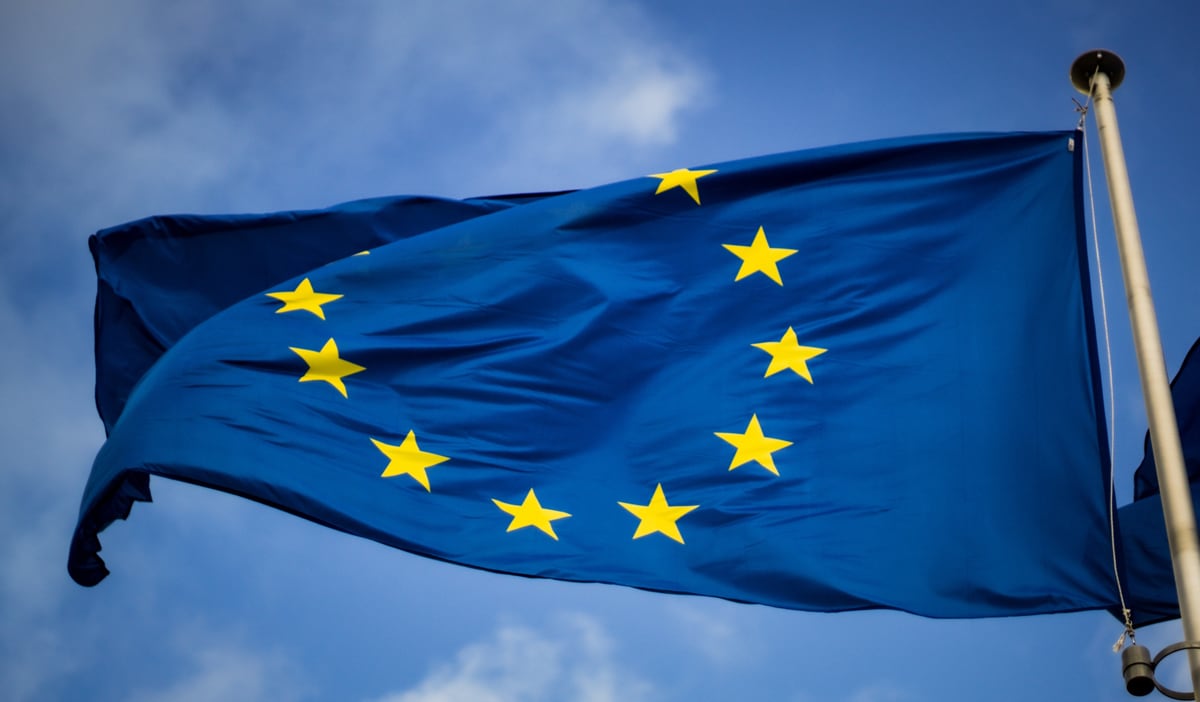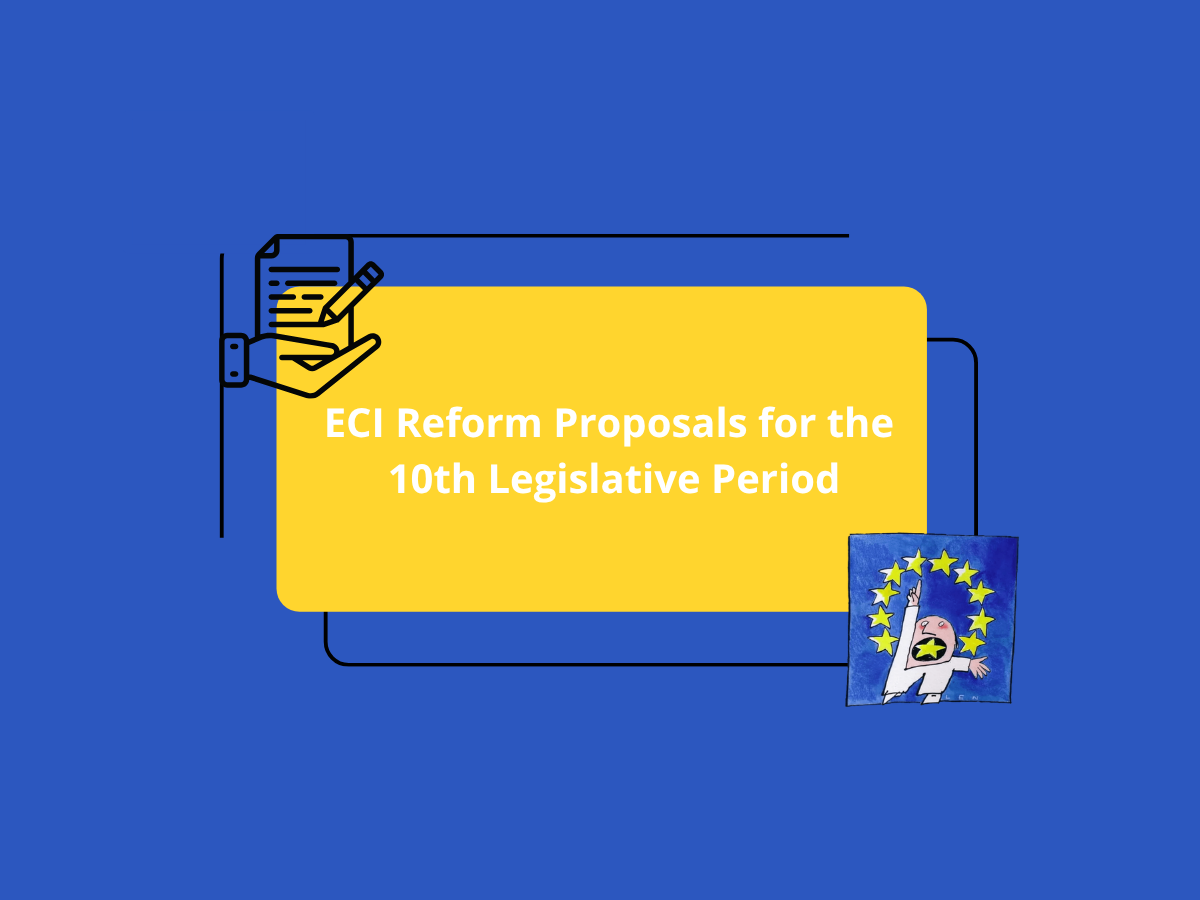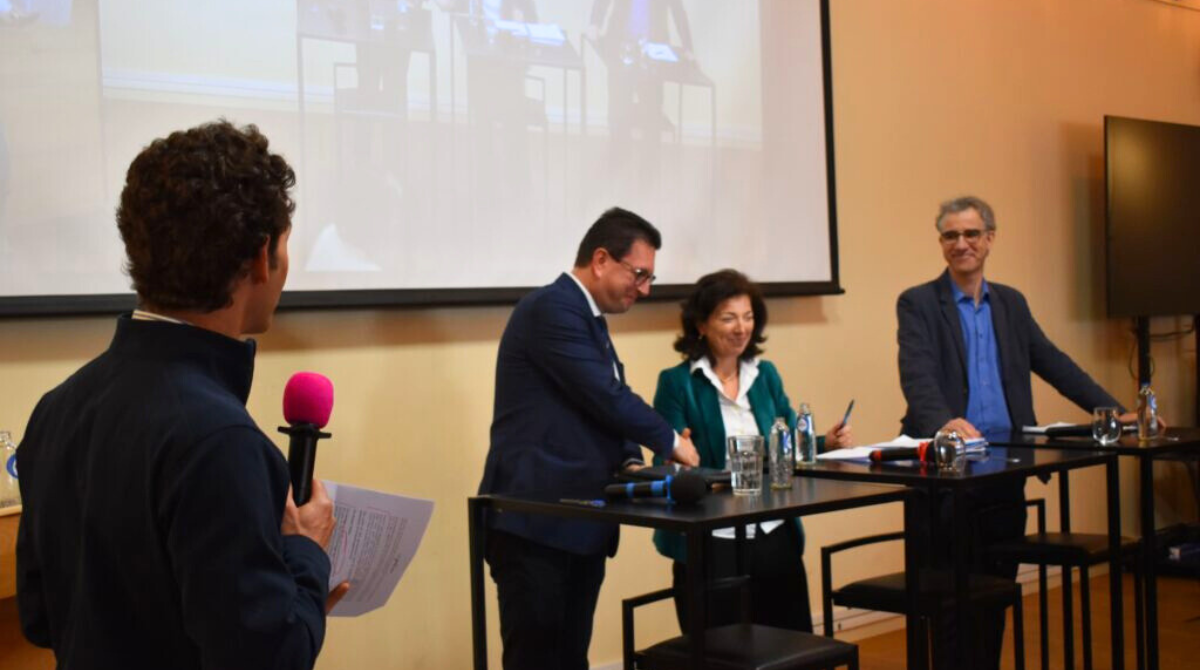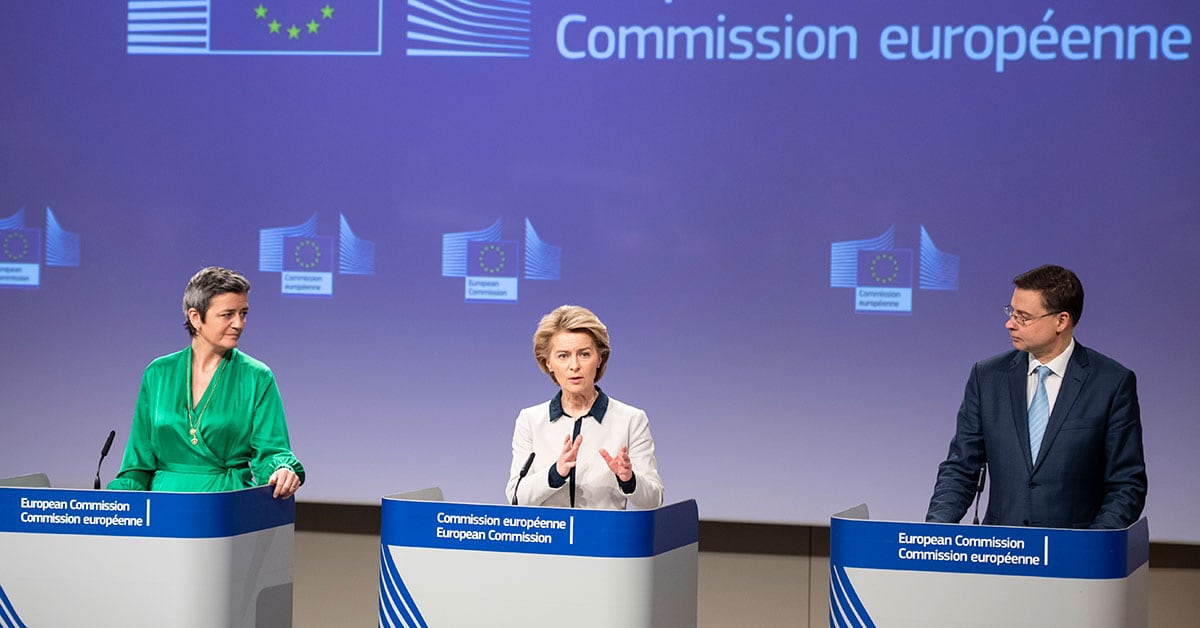
On 12 December 2018, the EU institutions reached an agreement on the new regulation on the European Citizens’ Initiative (ECI) after 15 months of negotiations within and between the European Parliament, the Council and the European Commission. The legislative revision process has provided a significant window of opportunity to give new life to the ECI after it was hardly used in 2015 and 2016. It has been a chance to boost transnational citizen participation in a European Union that needs its critically constructive citizens now more than ever. In order for this revision to succeed, we needed improvements in both the accessibility and in the foreseen political impact of the instrument. The EU deal that lies on the table now is highly shaky when it comes to the first point, and it does not secure any significant improvement in the second point. Below you can read our detailed assessment of the deal in relation to both issues. We conclude that this is a highly risky deal that causes significant uncertainty for the future of the ECI. Assuming that the new regulation will be adopted as foreseen by the negotiators, it will be of critical importance that former ECI organisers and civil society stakeholders are actively involved and listened to in the implementation of the new regulation.
Making the ECI more accessible, campaigner- & citizen-friendly
When it comes to the accessibility and user friendliness of the ECI, there are a number of improvements, but also clear setbacks and changes of which we still need to see if their impact is positive or negative. When it comes to the improvements, we are happy to see that future ECI organisers will have the option to establish a legal entity for the purpose of managing their initiative, which allows them to limit their personal liability. Secondly, it is good that the foreseen new regulation corrects one of the obvious flaws in the original regulation: it disconnects the registration date from the starting date of the collection period, providing ECI organisers with a timeframe of 6 months to plan and prepare the launch of their campaign and the start of their 1-year collection period. Thirdly, we are happy to observe that there is at least some harmonization in the collection of data requirements: whereas previously there were 13 different sets of data requirements that were applicable to citizens and residents of different Member States, right now there is an agreement on having only 2 sets of data requirements, where each Member States decides which set applies to its own citizens. The most significant obstacle remains, however, as Member States can continue to request the full ID numbers of their citizens, which prevents many citizens from signing ECIs. Fourthly, the expected new regulation will correct another clear-cut injustice: by going to count citizens exclusively by reference to their nationality, it ends the exclusion of a limited number of mobile EU citizens from signing ECIs. This will allow all EU nationals, irrespective of their country of residence, to sign ECIs. Fifthly, when it comes to the minimum age of support, we observe a minor improvement: Member States will be able to lower the minimum age of support from 18 to 16. Currently, only Austrian 16- and 17-year olds have the opportunity to sign ECIs, as this corresponds to their minimum voting age for European Parliament elections. Sixthly, for the purpose of campaign and community building, it is a good thing that future ECI organisers will be allowed to request signatories’ email addresses in addition to the data required for signing an ECI. It is as of yet unclear whether these data would need to be deleted at a certain point in time after the end of the collection period, which seems to be implied in the regulation. If this deletion were required, this would significantly limit the added value of this new provision. Seventhly, we welcome the fact that future organisers will have the opportunity to use a free-of-charge Commission-run central online collection system, avoiding the hassle of software certification and further limiting organisers’ personal liability and the burden of IT and data protection management. Eighthly, we welcome the introduction of several additional support structures and resources for (potential) ECI organisers: an already launched online ECI Forum for advise and information; the establishment of national contact points; a file exchange service for the submission of signatures to the competent national authorities; limited translation services previously offered on an ad hoc basis by the European Economic and Social Committee; funding opportunities through the still-to-be-established Rights and Values programme. Lastly, we are glad that there is a recognition of the importance to invest in communication activities, which have partially started already through the #EUTakeTheInitiative campaign, while wanting to highlight that it is critical that this responsibility is shared with the Member States.
The biggest setback of the deal is that the previously mentioned central online collection system would become the only online collection method available to organisers, as they will lose their right to use individual online collection tools, such as the frequently and successfully used ‘OpenECI’ software. This ban was pushed for by Member State governments, which have been responsible for certifying online collection systems. The ban was strongly opposed by civil society and online campaigning experts, who sided with the Commission and the European Parliament in calling for the preservation of this established right and freedom of choice for ECI organisers. However, the Council negotiators have won over their institutional counterparts, and enforced a ban on individual online collection systems by 2023.
In addition to this significant setback for the ECI, there are other agreed upon changes which result in increased uncertainty for future ECI organisers, whereby it is too early to tell if the changes will have a positive or a negative impact. Firstly, EU negotiators propose to institutionalise the already existing practice of so-called ‘partial registration’, whereby the Commission can register an ECI even if part of an ECI proposal is deemed to fall outside of the Commission’s competences. While we welcome the practice of partial registration, the currently proposed form can result in legal uncertainty for ECI organisers. Secondly, the EU negotiators have agreed upon extra transparency requirements. While we certainly do not oppose financial transparency as such, the new regulation runs the risk of overdoing it, by obliging organisers not only to declare financial support but also supporting organisations. These extra requirements, if followed strictly, are unenforceable and may further deter citizens from starting an ECI, due to the high bureaucratic burden.
Making the ECI more politically impactful
While we can point at several meaningful improvements in making the ECI more accessible and user friendly – whereby it remains an open question whether they weigh up against the setbacks and increased uncertainty caused by other changes – all of this is of little value if future successful ECI organisers will continue to feel that their successful initiative has not been addressed seriously by the EU institutions collectively, and the European Commission in particular. The credibility and prestige of the instrument crucially depends on the latter. Unfortunately, the deal does not provide any guarantees that ECIs will be considered more seriously in the future than they have been in the past. Nonetheless, we can observe some minor changes in the expected new regulation, of which the impact is positive or negative, depending on implementation.
First of all, the EU institutions have proposed an extension of the time period for the Commission to give a response to a successful ECI, from 3 to 6 months. This can be considered an improvement if and only if this is accompanied by an increased structural involvement of the other EU institutions and national parliaments in the assessment of how to respond to a successful ECI, and by a Commission that is responsive to these signals from other institutions, while simultaneously facilitating a structured and independently organised consultation with EU citizens at large (e.g. by means of a randomly selected Citizens’ Initiative Review). In the absence of such measures, this is a step back, as it leaves successful ECI organisers and citizens in the dark for an even longer period of time. Up until now, only the European Parliament has demonstrated some inclination to increase its structural involvement in the follow-up process by means of organising plenary debates on future successful ECIs. It is currently in the process of adopting a change to its own Rules of Procedure to this effect. This highly needed first step to increase the structural involvement of the European Parliament followed a civil society campaign that The ECI Campaign led together with Democracy International, and with the support of 87 other civil society organisations. Unfortunately, the European Parliament refused to make this commitment to hold plenary debates part of the new regulation, which is why we cannot speak of any significant, legally enshrined improvements in the follow-up process.
The plenary debates on successful ECIs are meant to take place before the Commission reply, but after the public hearing on successful ECIs. The deal contains some minor changes in the organisation of the public hearing, allowing the European Parliament to involve other stakeholders in the hearing, thereby allegedly securing a ‘balanced representation of interests’. While the intention behind this change is a good one – as it aims for ECIs to trigger a proper EU-wide debate – it comes with the risk of hearings being hijacked by players other than the ECI organisers, threatening the already very limited visibility and attention that successful ECI organisers receive and deserve. Considering the negative experiences with the public hearing on the successful ECI Stop Vivisection, we recommend that the involvement of extra stakeholders be decided upon mutual agreement with the organisers.
Another point related to the political impact of this participatory instrument is the legal scope of the ECI, whereby we have observed no improvement. While several political groups have been supporting our demand to define the scope of admissible ECIs in the broadest possible manner, allowing for ECIs to propose Treaty changes (see point 6 of our proposals), there has been no majority in the European Parliament to support this, nor has there been any political will from the Commission and the Council to address this issue, which they claim to be beyond the scope of the legislative revision.
Conclusion
For the revision of the ECI regulation to be counted as successful, we needed improvements in the accessibility and user friendliness, as much as we needed improvements related to the political impact of this instrument.
When it comes to the question of accessibility, we observe some limited improvements, but they are in many ways offset by the decision to ban individual online collection systems. This effectively creates a straitjacket for online participation and ECI campaign management and it destroys valuable civil society capital, which has been built up with an investment of around 50.000 Euros and an uncountable number of volunteer hours. It will also feed the already existing suspicion among citizens and civil society that the ECI is monopolised the European Commission and instrumentalised by the EU institutions collectively by dictating the terms of citizen participation in a highly top-down manner. The scope of the long term negative impact of such a ban is hard to predict, but it certainly handicaps this already very fragile participatory instrument. When it comes to the question of political impact, the expected new regulation does not provide any guarantee that future ECIs will be dealt with differently than they have been in the past, nor that the legal scope of the ECIs will be expanded. The European Parliament’s still-to-be-approved commitment to hold plenary debates on successful initiatives is the only positive signal in this respect, but by itself it is not enough and ECI organisers have no guarantee that this commitment will last as it is left outside the scope of the legislative revision. On top of the many highly debatable changes, the EU institutions want to extend the periodical review from every 3 to every 4 years, which is regrettable, knowing that the ECI requires ongoing collective learning and adjustment.
In sum, we need to conclude that the interinstitutional deal on the ECI revision causes a significant amount of uncertainty about the future of the ECI, with few signs that this will turn out positively for the ECI and strong signs that this may turn out negatively. Irrespective of whether the European Parliament and the Council decide to adopt this highly risky deal on the new regulation, the EU institutions should realise that the future of the ECI will depend greatly on whether they take individual and collective responsibility for this instrument and whether they manage to apply participatory methods in its implementation. The ECI can only become a success if the EU institutions manage to win (back) the trust of citizens and civil society in this participatory instrument.


ECI Reform Proposals for the 10th Legislative Period


Event Report: How Can European Citizens’ Initiatives Make a Difference for Civil Society?


ECI for the Rights of Nature: A Chance for Democracy and Environmental Protection


New EU Commission does not bode well for democracy and the ECI


5 key demands for an ECI that works!



